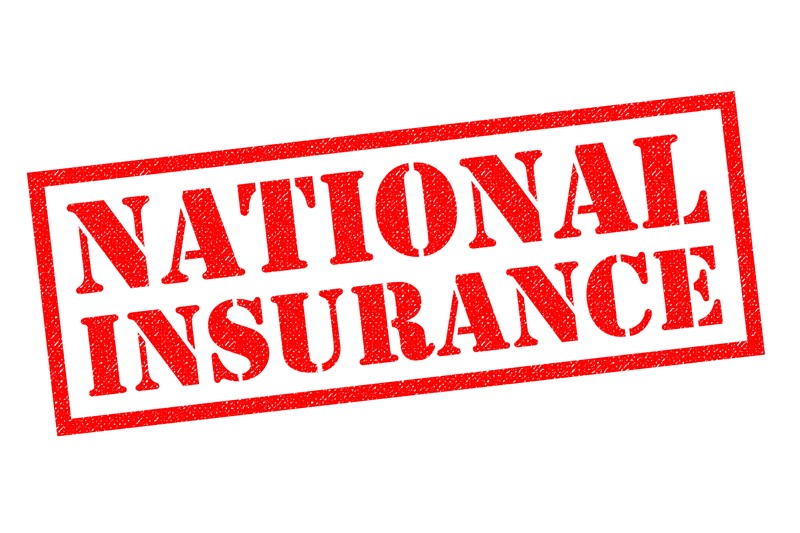HMRC has used new powers introduced in the Finance Act 2022 to name tax avoidance schemes and their promoters for the first time. Under this legislation HMRC can name avoidance scheme promoters, publish details of the way they promote tax avoidance schemes and name the schemes they promote.
This allows HMRC to warn users and potential users of these schemes at the earliest possible stage of the risks and to help those already involved to leave these avoidance arrangements.
The two named schemes are:
- Absolute Outsourcing, of Foerster Chambers, Todd Street, Bury, Greater Manchester
- Equity Participation Scheme (EPS), promoted by Purple Pay Limited (PPL), of Gracechurch Street, London.
Both schemes involve individuals agreeing an employment contract and working as a contractor. The schemes pay contractors the National Minimum Wage with the remainder of their wage paid through a loan to try to avoid National Insurance and Income Tax.
HMRC will also regularly update the list by publishing the details of other tax avoidance schemes and their promoters. It is important to note that there are other schemes and the fact that a scheme is not included in HMRC’s list does not mean that the scheme works or is in any way approved by HMRC.












